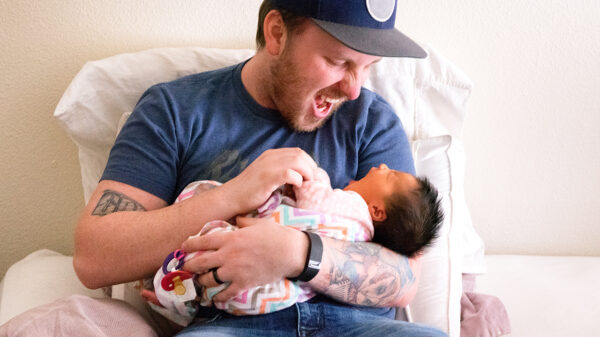Has your baby recently started teething, or do you suspect your child is about to start teething and you want to be extra prepared? As a new parent, it can be difficult to know what to do when your baby starts experiencing teething symptoms or how you can help soothe and support them during this important period. Fortunately, knowing the basics of teething, along with some common remedies, can help prepare you for this stage in your baby’s life. Whether you’ve already purchased some gripe water for teething and Wellements teething oil for baby to be prepared or you’re entirely new to this process, this quick guide can give you a crash course on what you need to know.
Teething May Start Early, But Some Symptoms Require Extra Attention
Although every baby is different, teething often starts fairly early. Here’s the general timeframe you can expect and the unusual symptoms to keep an eye out for.
- Babies usually get their first teeth when they’re between four and six months of age, but teeth can start to come in as early as three months and as late as 14 months.
- During this period, many babies will bite and chew more often, which studies have shown may actually be key in healthy tooth eruption.
- Although you can expect some mild drooling from your child during this period, excessive drooling may require a trip to the pediatrician.
- If you notice signs of infection around the emerging teeth, contact your child’s doctor right away.
However, note that there are also certain teething symptoms that are common and perfectly normal. If your child experiences the following, consult your pediatrician but know that there is likely no cause for alarm.
- Runny noses
- Mild diarrhea
- Low-grade fevers
Several Key Remedies Can Help Soothe Your Baby
Of course, just because your child has experienced teething symptoms or become fussy because of teething doesn’t mean you can’t address those symptoms. In fact, there are several common tools and remedies used to soothe teething babies that you might find are effective for your child as well. Some common teething hacks for babies, for instance, often involve the use of:
- Specialized amber teething necklaces
- Teething biscuits
- Teething rings
- Baby tooth oil
You Can Continue To Breastfeed During Teething
If you are currently breastfeeding your baby and wish to continue even after the child starts teething, you should know that this is not only possible but actually quite common. Teething does not necessarily impede breastfeeding, although you may want to consult your pediatrician if breastfeeding starts to become painful or uncomfortable during this period. On the other hand, if you want an alternative to breastfeeding once your baby’s teeth start coming in, you could try swapping in any of the following methods.
- Breast pumping
- Frozen breast milk
- Baby formula
When your baby’s teeth finally start coming in, you may not know what symptoms to expect or what remedies to use. Fortunately, learning more ahead of time can help prepare you for this important and exciting period. Keep an eye out for unusual symptoms, make sure you’re stocked up on essential teething solutions, decide whether you wish to continue breastfeeding and you’ll be ready for your baby to start teething.

